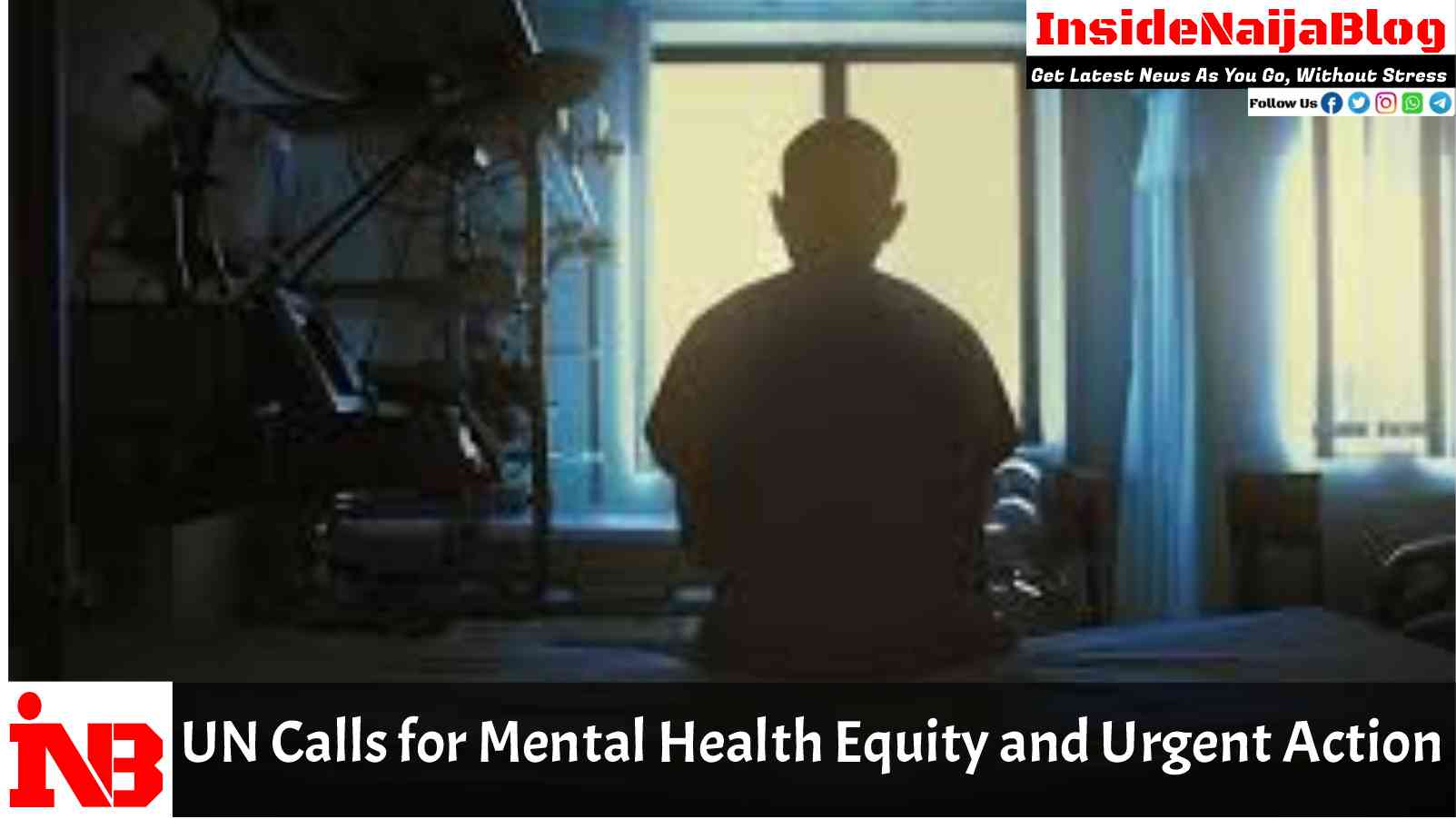This year, the Nigerian government has earmarked N2.48 trillion for healthcare, which represents 4.99% of the total proposed N49.74 trillion national budget, pending approval from the National Assembly. While this allocation marks a slight increase compared to the 4.87% given to the health sector in the last 27 years, it remains far below the World Health Organization’s recommendation of 13%, and the African Union’s target of 15% set in the 2001 Abuja Declaration.
Since 1999, Nigeria has spent a total of N232.546 trillion ($667.887 billion) on the national budget, with only N11.32 trillion ($35.618 billion) or 4.87% dedicated to the health sector. Over this period, the highest allocation to healthcare was 6.51%, which occurred in 2007 during Olusegun Obasanjo’s administration. Despite this, funding for healthcare has generally remained inadequate, contributing to severe public health challenges in the country.
Nigeria’s maternal mortality ratio, for instance, has worsened significantly, with the country now having the fourth-highest maternal mortality rate in the world. The number of women dying from childbirth-related complications has nearly doubled from 289 per 100,000 live births in 1999 to 576 per 100,000 in 2024. Moreover, the country also faces a growing housing deficit and a dramatic rise in poverty, with the number of Nigerians living on less than $1 a day increasing from 83.3 million in 1999 to 133 million in 2023.
In terms of disease burden, Nigeria accounts for a significant share of the global malaria cases and deaths. The country bears 27% of the world’s malaria burden, with millions affected annually, and a large proportion of the deaths from the disease.
Despite some improvements in life expectancy and infant mortality, these figures could have been better if the health sector had received the necessary financial support. Had Nigeria allocated 15% of its budget to healthcare, the country would have spent N34.882 trillion ($100.18 billion) on health over the past 27 years, rather than the actual N11.32 trillion allocated.
This consistent underfunding of healthcare has contributed to the country’s worsening healthcare infrastructure and overall human development index. The N2.48 trillion proposed for 2025 remains a mere 4.99% of the overall budget, leaving much to be desired in terms of addressing the country’s health sector needs.




